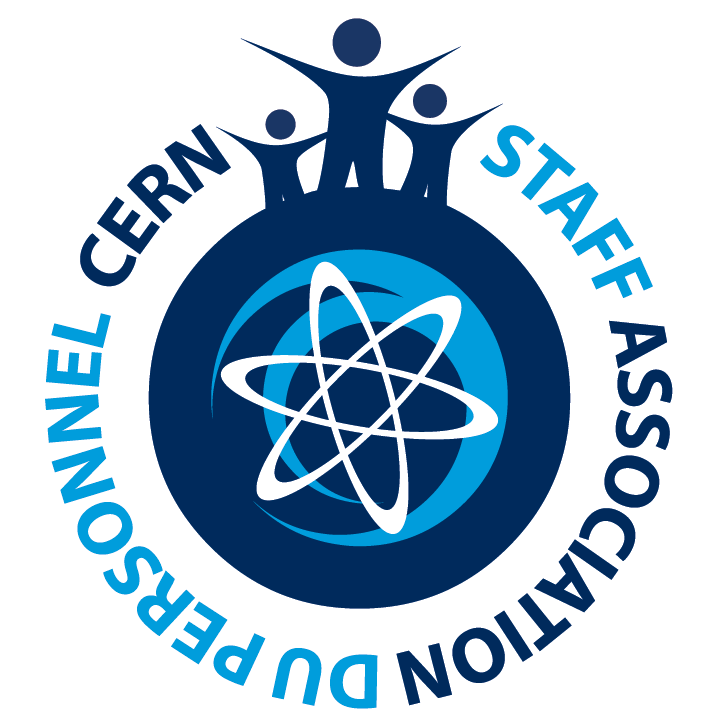Let’s Anticipate Recruitment: The Success of LS3 Is Not Optional – It’s Urgent!

In the field of scientific research, particularly in large-scale projects such as the LHC (Large Hadron Collider), success relies on the meticulous coordination of technical and human resources. A warning sign emerged when Member States questioned the Directorate-General about part of the annual budget that had gone unused. The reason given was that ready-to-launch projects had been delayed due to a lack of available personnel. This is a situation we cannot afford to repeat. It is essential to ensure human resources are aligned with the Organization’s mission and to anticipate the departure of members of the personnel by recruiting replacements in advance to guarantee project continuity.
Time is of the essence: we must act now for LS3
The High Luminosity LHC project is at the heart of CERN’s scientific strategy for the coming decade. It marks a pivotal milestone: the success of the third long shutdown (LS3) is not optional, it is essential. Without it, there will be no HL-LHC and no FCC. This isn’t just a possibility; it’s a chain of dependencies: a delay today threatens the entire future of particle physics on a global scale.
The recruitment process takes an average of six months. Yet the countdown has already begun. Teams are not fully staffed, and new hires are slow to arrive. Every month of delay in planning brings us closer to a bottleneck: blocked projects, overwhelmed teams, and disrupted knowledge transfer.
Anticipating departures means acting today, not tomorrow
More than 600 departures are expected over the next ten years, nearly a quarter of the workforce. This is not an abstract projection; it is an imminent reality. These departures will affect key roles, whether technical, scientific, administrative, or managerial. It is crucial to start anticipating them now to avoid costly breaks in time, expertise, and team morale.
Increased pressure on teams: an immediate threat
Transitional periods, like the nearly four-year-long upcoming technical shutdown, tend to create internal tension. Without planned replacements, the remaining teams will face excessive workloads. This significantly increases the risk of demotivation; and even burnout; which could jeopardize project execution. We must reinforce staffing now, before it's too late.
Service continuity: a decisive factor
The only way to ensure effective knowledge transfer is to recruit before departures, not after. Early recruitment allows for proper training, handover, and integration. Waiting means losing critical knowledge. Acting now means safeguarding the future.
Conclusion: The urgency is real – Action must be immediate
Just like the construction of the LHC, the success of LS3 depends on our collective ability to anticipate, plan, and recruit.
Every month without concrete action on human resources further jeopardizes our ability to deliver this project on time, under the right conditions, and with the level of excellence expected.
The question is no longer “Should we anticipate recruitment?” but rather “Why haven’t we already started?”
Time is not on our side. We must act now.
![]()
